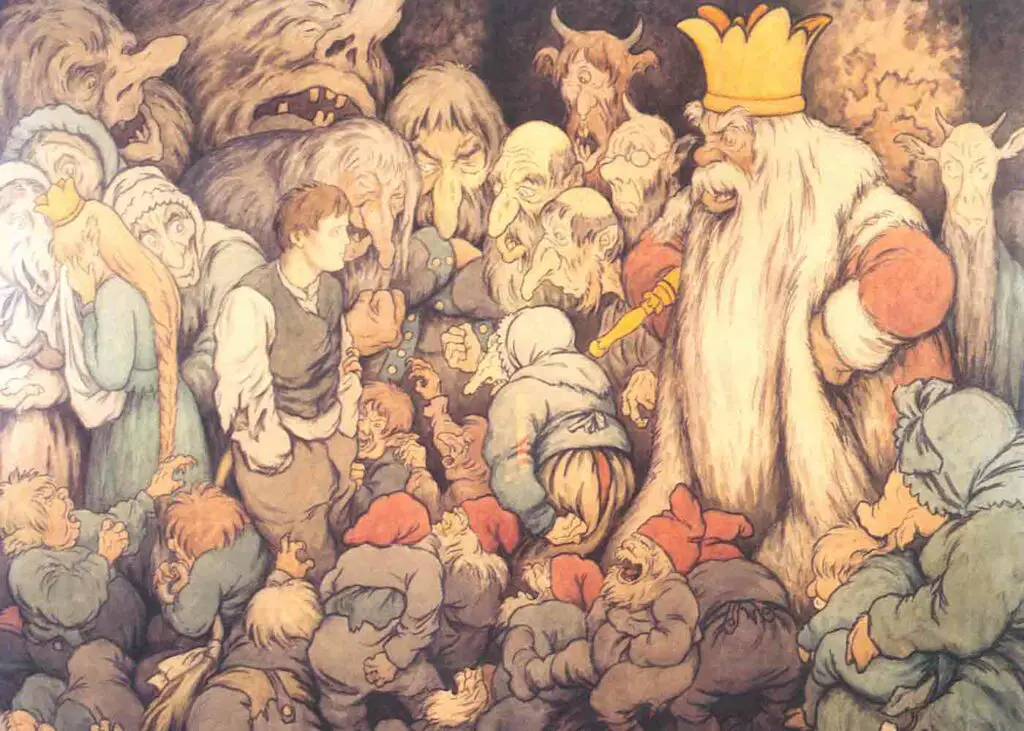
Edvard Grieg’s Peer Gynt Music – An Enduring Masterpiece
You may have never heard of Edvard Grieg or Henrik Ibsen, but you have definitely listened to the music the former composed for the latter’s 1867 verse play, Peer Gynt. The titular protagonist is a Norwegian peasant who lives a life of procrastination and avoidance. Despite going on an adventure, he is unable to find meaning in his life. Ibsen did not intend for Peer Gynt to be performed at first but later approached his friend Grieg to compose incidental music for the play.
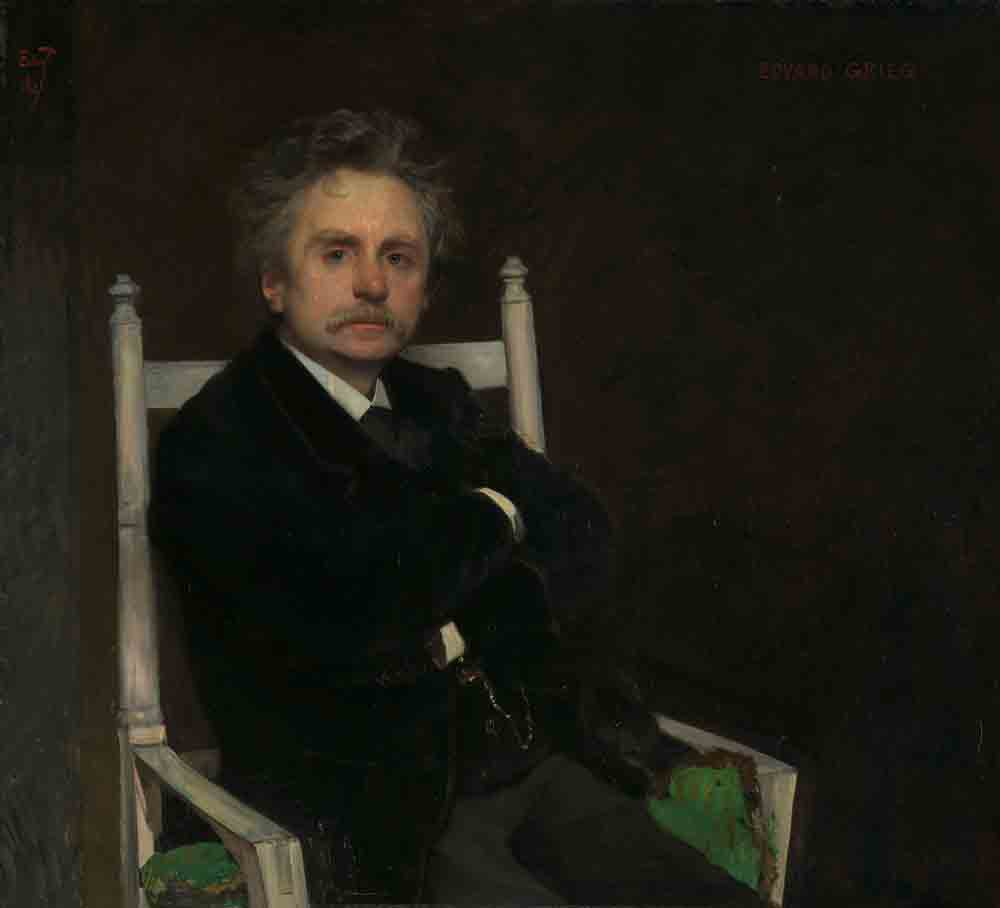
The composition was no easy feat, given the play’s length. Grieg wrote, “Peer Gynt progresses slowly, and there is no possibility of having it finished by autumn. It is a terribly unmanageable subject.” Nevertheless, the 90-minute score he composed for the play was a triumphant success. Grieg later extracted two suites of four pieces each from the score. Several pieces within these two suites have since trickled into popular culture, appearing in movie soundtracks, video games, television series, and more.
Peer Gynt Suite No. 1, Op. 46
In the Hall of the Mountain King
This song is played as the protagonist, Peer, encounters the troll king in a dream. He had been brought there by the troll princess, who wished to marry him. When the troll king asks about the difference between humans and trolls, an old man answers that humans believe in the motto, “to thyself be true,” whereas trolls say, “to thyself be enough.”
Grieg explained, “For the Hall of the Mountain King I have written something that so reeks of cowpats, ultra-Norwegianism, and ‘to-thyself-be-enough-ness’ that I can’t bear to hear it, though I hope that the irony will make itself felt.”
“In the Hall of the Mountain King” was famously used as the leitmotif of the serial killer Hans Beckert in Fritz Lang’s 1931 film M. Beckert whistles the song whenever he feels the urge to murder children.
It was also part of the opening theme for the 1993 animated TV series Adventures of Sonic the Hedgehog. More recently, the song appeared in the Netflix series, Trollhunters, where it plays during fight scenes featuring the antagonist, Zelda Nomura.
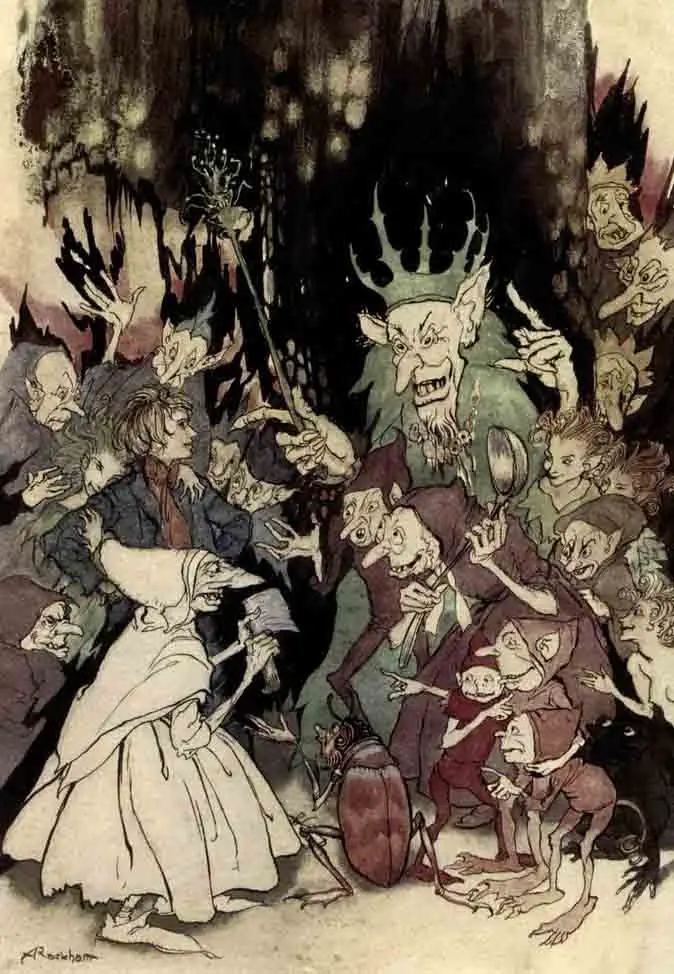
Anitra’s Dance
Grieg wrote this song for a scene in Act IV of Peer Gynt. Anitra is the daughter of a Bedouin chieftain who Peer is enamored with. However, she steals his money when he tries to woo her. “Anitra’s Dance” features the triangle and plucked notes in the strings. In the 2016 video game, The Witness, the song was played as background music during “The Challenge,” an optional timed puzzle.
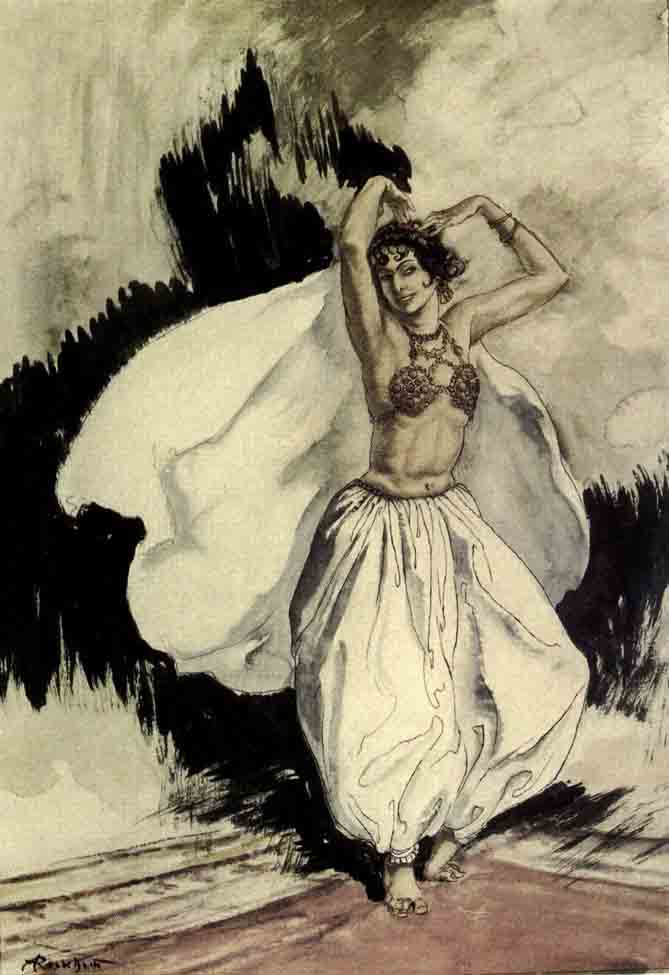
Morning Mood
“Morning Mood” was composed to depict the sun rising over the Sahara desert in Act IV of Peer Gynt. At this point, Peer has been abandoned in the desert after his companions took his yacht and sailed away.
The song has become associated with a peaceful morning scene, though its origins as a piece meant to evoke a desert scene are less well-known. The Simpsons used it for a morning establishment shot in a sequence where a burger unwraps in the sunlight. Additionally, Morning mood was the opening theme of the 2007 video game Peggle, released by PopCap Games.
Death of Ase
“Death of Ase” is a slow, haunting song that features the euphonium, horn, and flugelhorn. Ase is Peer’s mother, and this song plays when she is about to die. On her deathbed, Ase forgives Peer for all his wrongs, and Peer tries to comfort her by talking about casual matters. “Death of Ase” is a slow, haunting song that features the euphonium, horn, and flugelhorn.
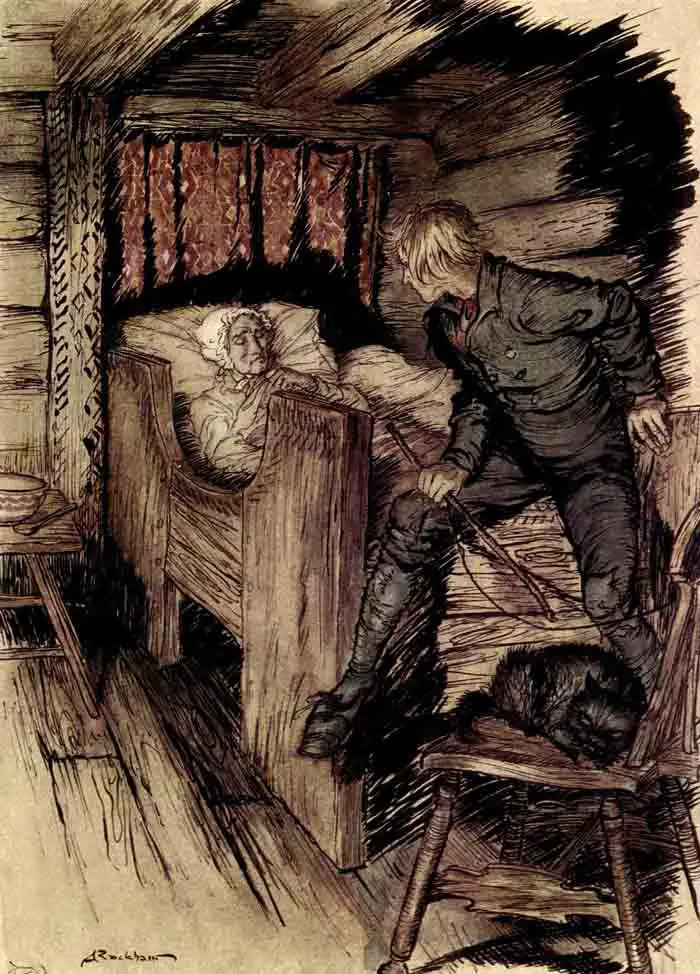
Since Ibsen’s time, Peer Gynt has become a key icon of Norwegian culture. Grieg’s music for the play has also claimed a place among the most loved classical pieces. For a lackadaisical Norwegian peasant, Peer has had a great impact on the world stage.




